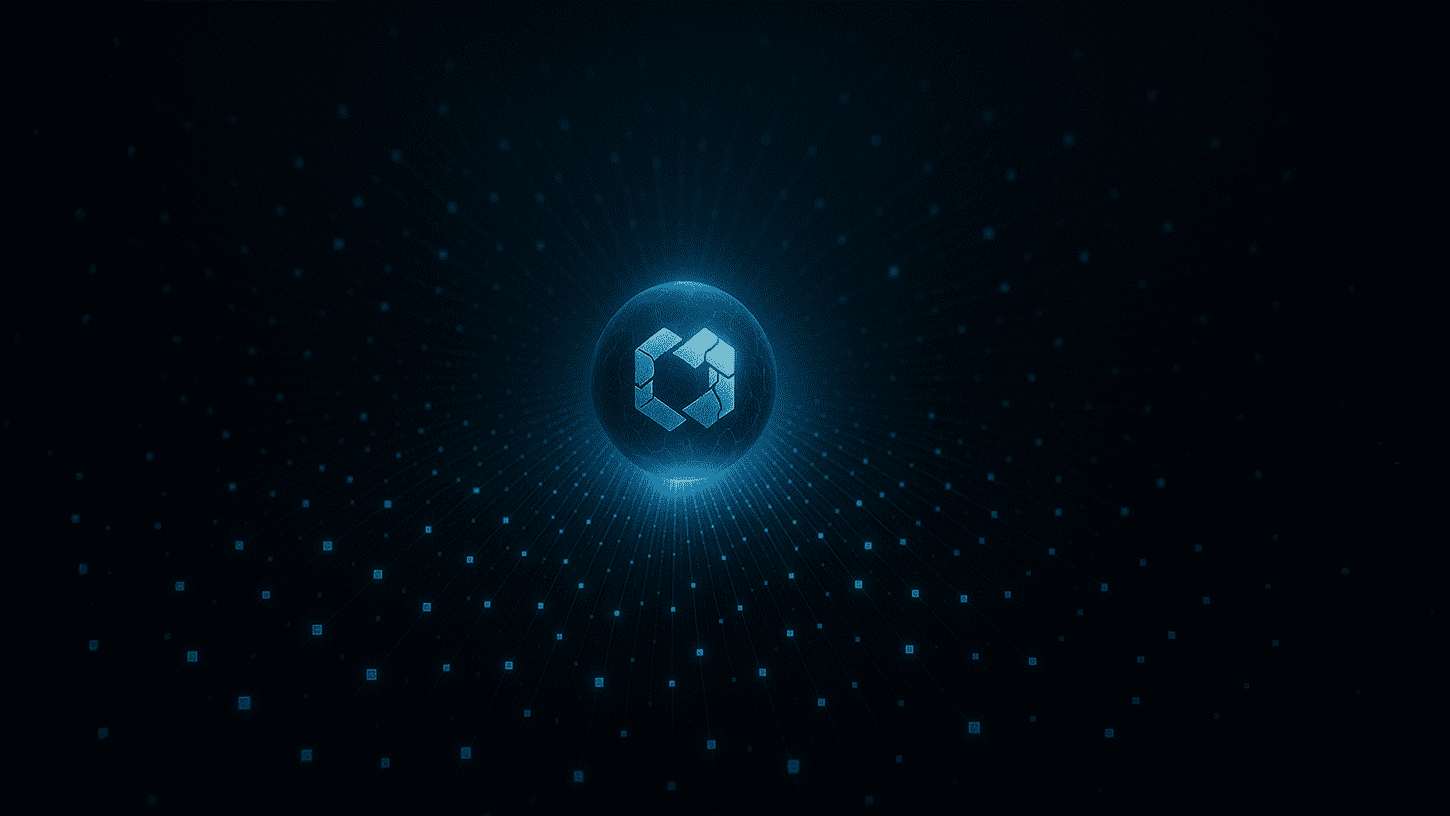Math Olympiad Just Became a Battleground for AI Supremacy

Move over, high school prodigies. AI is showing up with calculators, code, and something close to cognitive swagger.
In a twist that no math teacher saw coming, AI models from both OpenAI and Google DeepMind have just earned gold-medal level scores in the 2025 International Math Olympiad (IMO), one of the most prestigious math competitions for high school students worldwide.
For the uninitiated, the IMO isn’t your average algebra test. It’s a grueling mental marathon packed with abstract proof-based problems that often stump even the brightest young minds. So, when two of the biggest AI labs on the planet decided to pit their systems against it, and both walked away with top honors, it sparked more than just admiration. It reignited the AI arms race.
From Silver to Gold: A New Type of AI Intelligence
Last year, Google’s AI achieved a silver-level performance, but only with assistance. The model needed humans to convert the IMO problems into a format it could understand.
Fast forward to 2025, and the game has changed.
Both OpenAI and Google DeepMind fielded “informal” AI models capable of reading, reasoning, and responding to complex math problems directly in natural language, without the need for human translators. Just pure AI brainpower tackling Olympiad-level math exactly as it’s given to human students.
The result? Each model nailed five out of six problems. That’s not just impressive, it’s historic. Only a tiny fraction of real student participants worldwide achieve that level of performance. And the models did it without breaking a digital sweat.
Gold Medals, Spilled Tea, and a Tiny Bit of Drama
Naturally, with great power comes… public relations strategy.
OpenAI was first out the gate, announcing their gold-medal performance shortly after the competition wrapped. But Google DeepMind wasn’t exactly clapping from the sidelines. CEO Demis Hassabis and lead researcher Thang Luong criticized OpenAI for what they saw as an early and slightly disrespectful reveal.
Google says it waited for official verification and the students’ moment in the spotlight, citing a prior agreement with IMO organizers. Meanwhile, OpenAI maintains they acted in good faith, using third-party IMO medalists to evaluate their system and timing their announcement after students had received their awards.
Is it a scandal? Not quite. But it is a glimpse into just how high the stakes are in the AI world. Every benchmark, every headline, and yes, even every tweet can be a proxy for supremacy in a field where reputations are built on breakthroughs.
Why This Matters (and Why Humans Still Matter More)
Beyond the leaderboard drama, one thing is clear: AI reasoning is evolving fast, really fast. These models aren’t just parroting memorized formulas or solving arithmetic puzzles. They’re reasoning through complex proofs. They’re mimicking human problem-solving with increasing accuracy. And they’re doing it in a domain traditionally dominated by human creativity and insight.
But before we hand over our diplomas to the machines, let’s hit pause.
Despite the success, AI still operates in narrow lanes. It excels in structured competitions but struggles with messy, open-ended human problems, such as ethical decision-making, creativity, emotional intelligence, and real-world judgment.
Even in math, humans bring something AI lacks: intuition. The kind that lets you stare at a problem for hours, take a walk, and suddenly get it. The kind that sparks new fields of discovery rather than merely excelling in old ones.
So yes, AI can now win medals at math competitions. But only humans can decide what’s worth solving next.
What’s Next in the AI Race?
OpenAI is gearing up to launch GPT-5 soon, while Google DeepMind continues refining its Gemini models. The two companies aren’t just competing in math; they’re battling across benchmarks, product integrations, and philosophical visions for the future of AI.
And if this latest chapter proves anything, it’s that the line between “student” and “system” is getting blurrier by the day.
But in the end, this race isn’t about replacing humans. It’s about building tools that can help us solve the unsolvable, dream bigger, and maybe even learn to love math a little more.
Gold medals or not, we’re still the ones writing the rules.






